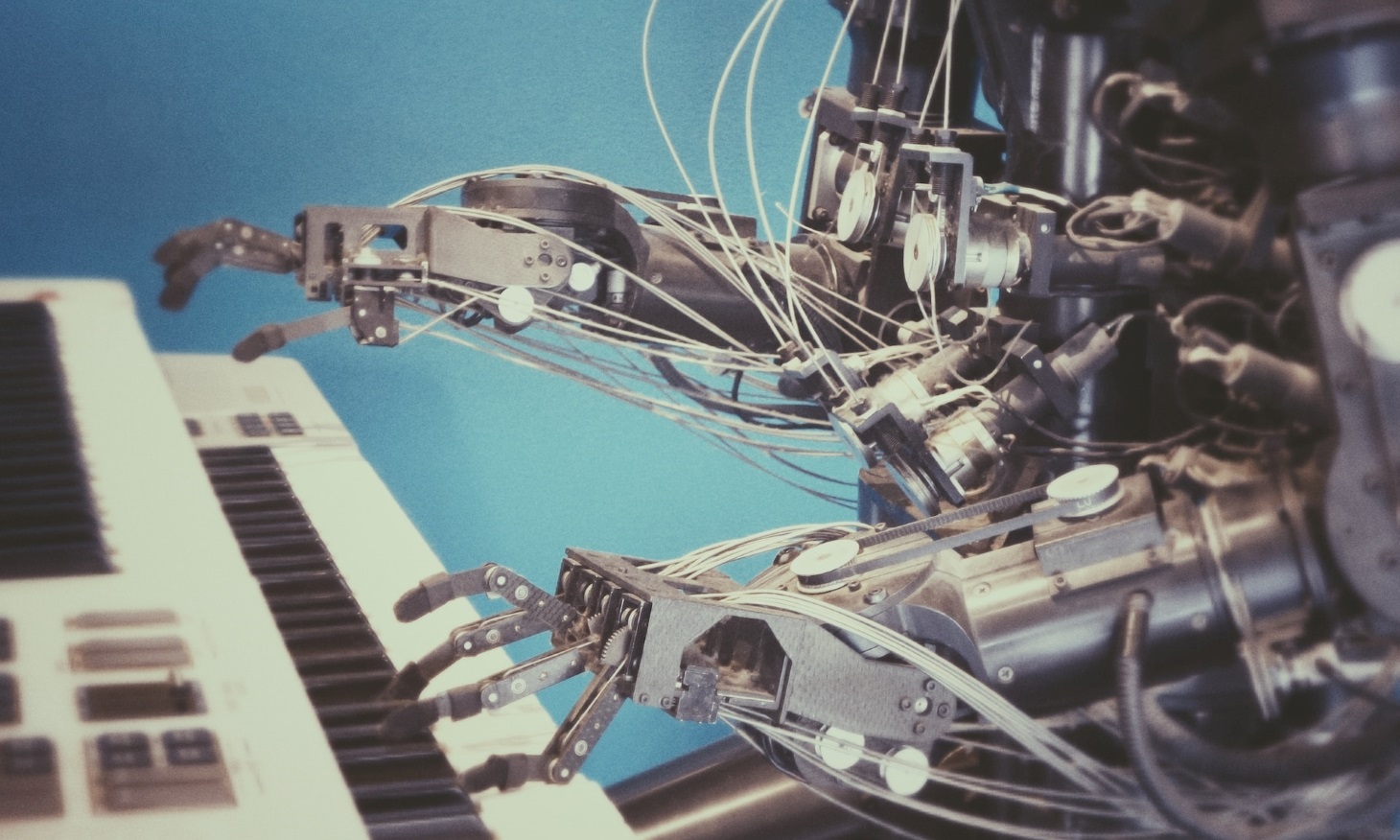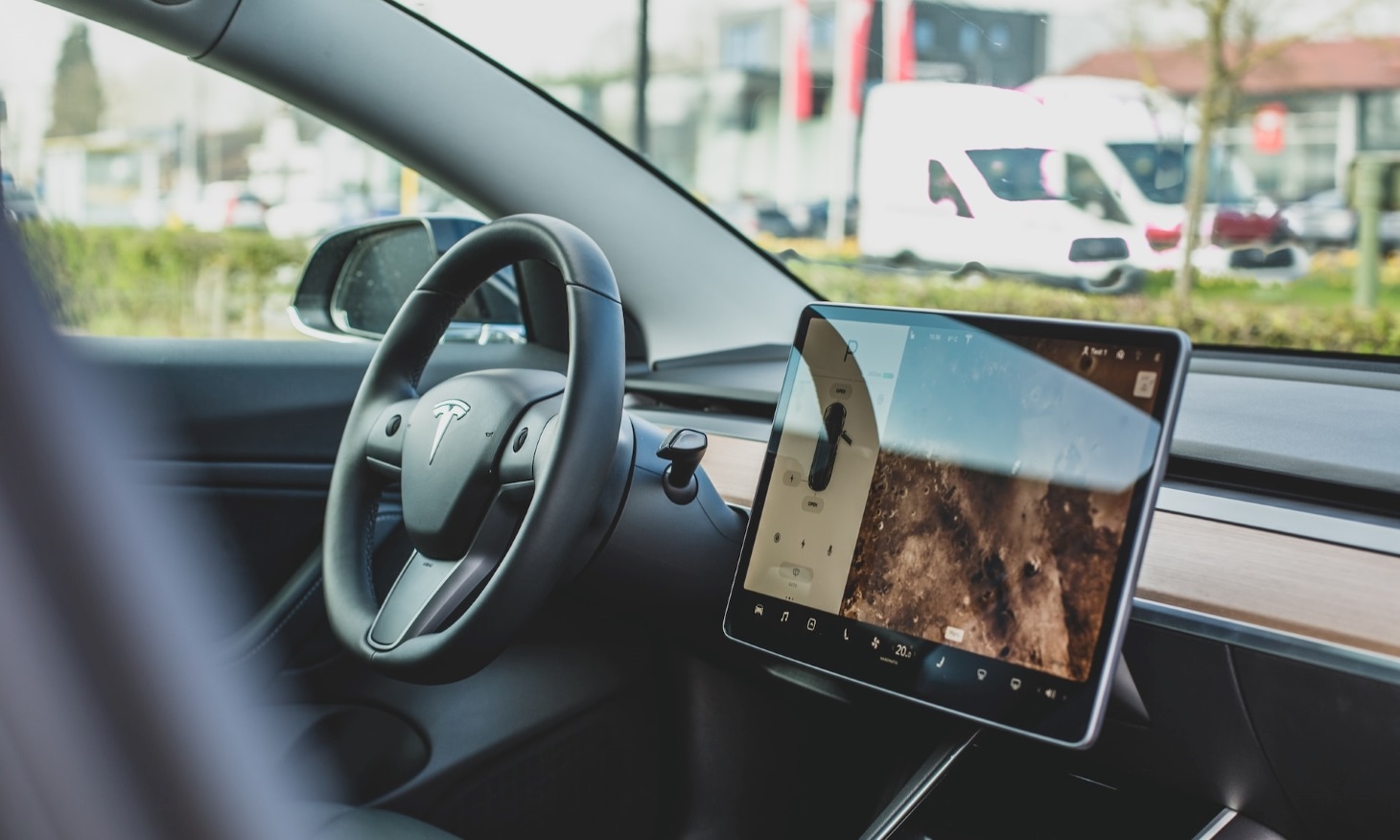What Can AI Do? Here’s How It’s Already in Your Life

In the past few years, artificial intelligence has emerged as a revolutionary force, reshaping the way we live, work, and interact with the world around us. This transformative technology has unlocked a vast array of capabilities and applications–from predicting revenue and analyzing human behavior to giving investment advice and serving as an AI headshot generator.
So, what can AI do today? In this post, we will explore the many facets of AI and how it can be used to tackle complex problems and improve various aspects of our lives.
What Can AI Do & What Is It?
Artificial Intelligence (AI) refers to computer systems that can perform tasks typically requiring humans. These tasks encompass a very wide range of activities, from understanding and processing natural language to making predictions, recognizing patterns, and even creating art. AI leverages various subfields like machine learning, deep learning, neural networks, and data science, which allows it to perform surprisingly well in many areas.
Let’s look at some examples of what AI can do!
Completely New Data Analysis

AI software can process vast volumes of digital information at unprecedented speeds, making it invaluable for any business and its research project. AI can detect patterns within big data much faster than a human would, which makes it a crucial tool for informed decisions, predictive analytics, and problem-solving.
Artificial intelligence is used for data analytics in entertainment as well! Say, Netflix uses AI to analyze users’ preferences and history, which allows them to provide the most relevant recommendations and thus encourage people to watch more and keep their subscriptions.
What Else Can Artificial Intelligence Be Used for?
AI-Powered Customer Service
AI tools have also significantly improved the way companies handle their customer interactions. One of the most frequent scenarios is the use of chatbots driven by natural language processing and speaking many languages of the world. By handling routine time-consuming tasks, chatbots allow companies to immediately address customer issues, enhance customer satisfaction, and free up staff for tasks that require humans.
For example, artificial intelligence chatbots are widely used by Starbucks, the multinational chain of coffeehouses. Using their smartphone app, customers can order coffee by voice or text commands and then receive AI-made notifications on the order status.
AI-Driven Cars

Now, the development of autonomous vehicles is one of the most exciting AI applications (probably because we’ve seen so much of those in sci-fi movies). As the term suggests, self-driving cars utilize a combination of sensors, cameras, and AI algorithms to navigate and operate without human drivers. These vehicles analyze data from their surroundings in real-time, making split-second decisions to ensure the safety and efficiency of autonomous driving.
Take Tesla, for example. The AI implemented in their cars analyzes digital data from cameras, sensors, and GPS to assist in steering, braking, accelerating, and navigating the vehicle, making driving safer and more efficient.
AI in Ride-Sharing Services
Speaking of—AI algorithms are also widely used by companies offering ride-hailing services. They analyze millions of rides to ensure that riders are efficiently transported to their destinations while minimizing wait times. This artificial intelligence approach enhances the overall customer experience and makes urban transportation more efficient.
Сompanies like Uber and Lyft rely on AI to optimize routes, match drivers with passengers, and even predict demand.
What Can Artificial Intelligence Do: Creating Art with AI?
AI’s potential extends to the realm of creativity as well. Today, we have dozens of art generators powered by deep learning that can produce mesmerizing visual art, music compositions, written content, and even videos! Many creators are already using artificial intelligence to create art that’s unique and thought-provoking in its mix of human creativity and AI capabilities.
Artificial intelligence has even nailed the art of headshot photography. Today, you can save time and money by creating a set of professional-looking pictures from several casual selfies (try here, for example!)

Detecting Fraud and Enhancing Security
This is yet another area where artificial intelligence shines. Financial institutions and e-commerce platforms rely on AI algorithms to identify fraudulent transactions by analyzing vast datasets for irregularities and unusual patterns. This proactive approach helps prevent financial losses and protect customers’ sensitive information.
Facial Recognition Systems
This technology, a subset of AI, has found applications in security and authentication systems. From unlocking smartphones to enhancing border security, facial detection through artificial intelligence is becoming increasingly prevalent. It allows for quick and secure identity verification, saving time and improving overall security.
One of the most popular examples here is Apple’s Face ID. Using machine learning, it maps the user’s face in all details and then compares this image to everyone trying to unlock that device.
What Can AI Do in the Future?
As the new technologies continue to advance, we’ll see increasingly more benefits of AI. It has already become an indispensable tool in various industries and complex systems, from healthcare and finance to entertainment and education. And it has the potential to become even more than that. While there are concerns about its impact on human jobs, many organizations have already made AI solutions an integral part of their work processes.

This, however, does not make artificial intelligence the answer to all the world’s problems. Although it already surpasses human capabilities in many areas, AI cannot provide critical reasoning and think outside the box–simply because it’s based on what people have already created and cannot think on its own or see the bigger picture.
Still, the question of ‘What can AI do?‘ is an ever-evolving one. As artificial intelligence continues to evolve, we can expect it to play an increasingly prominent role in shaping the future of our society, economy, and daily lives. Embracing AI technologies and their capabilities can lead to more efficient processes, better decision-making, and ultimately a brighter future for us all.